The curse of coal

Jharia, the coal-rich belt falling in the eastern state of Jharkhand in India, has one of the largest coal reserves in India. However, this powerhouse of India’s highly coal-dependent economy is a hellhole for thousands living in the area. It is a spot of untold miseries and overlooked atrocities — a curse for its thousands of residents.
Whenever I travel to Jharia, I see children working from early in the morning until afternoon, carrying baskets full of coal from mines. At an age when these children should be attending schools, their fragile hands are blackened and bruised by layers of coal dust. Their eyes are yellowed and their faces are robbed of even the slightest speck of childhood joys.
Sometimes, the children are asked to go down 300 feet in the mine to extract coal. They rarely have a chance to drink water.
"It is really hard, but if we don't do this how will we feed ourselves?" one of the children told me. "Do you ever feel afraid to go into the mine?" I asked him. "Yes. If a coal shelf falls on us we will die."
Producing the largest amount of coal annually, Jharia provides income opportunities to the local villagers, mostly illiterate and reeling under acute poverty. After all the laborious work, they earn just less than $ 2 a day. Their children suffer from malnutrition and diseases caused by the toxic environment.
While world over, governments are trying to phase out coal as a source of energy and replace it with solar or wind energy, in India dependence on coal is on a rise. Last year, the Indian government decided to open close to 40 new coal mines, inviting bids from private companies to operate them. While alternative sources of energy prove costlier to harness, the huge coal reserves in India provide an easy solution to meet the country's energy needs, burdened with a billion-plus population.
Coal mining releases harmful chemicals in the environment, including sulphur dioxide (SO2) and carbon dioxide (CO2). The smog and haze from mining lead to serious diseases. Further, these chemicals also contaminate water. In particular, minute particles of fly ash often settle in water bodies, and when consumed by humans cause irreversible damage to the body.
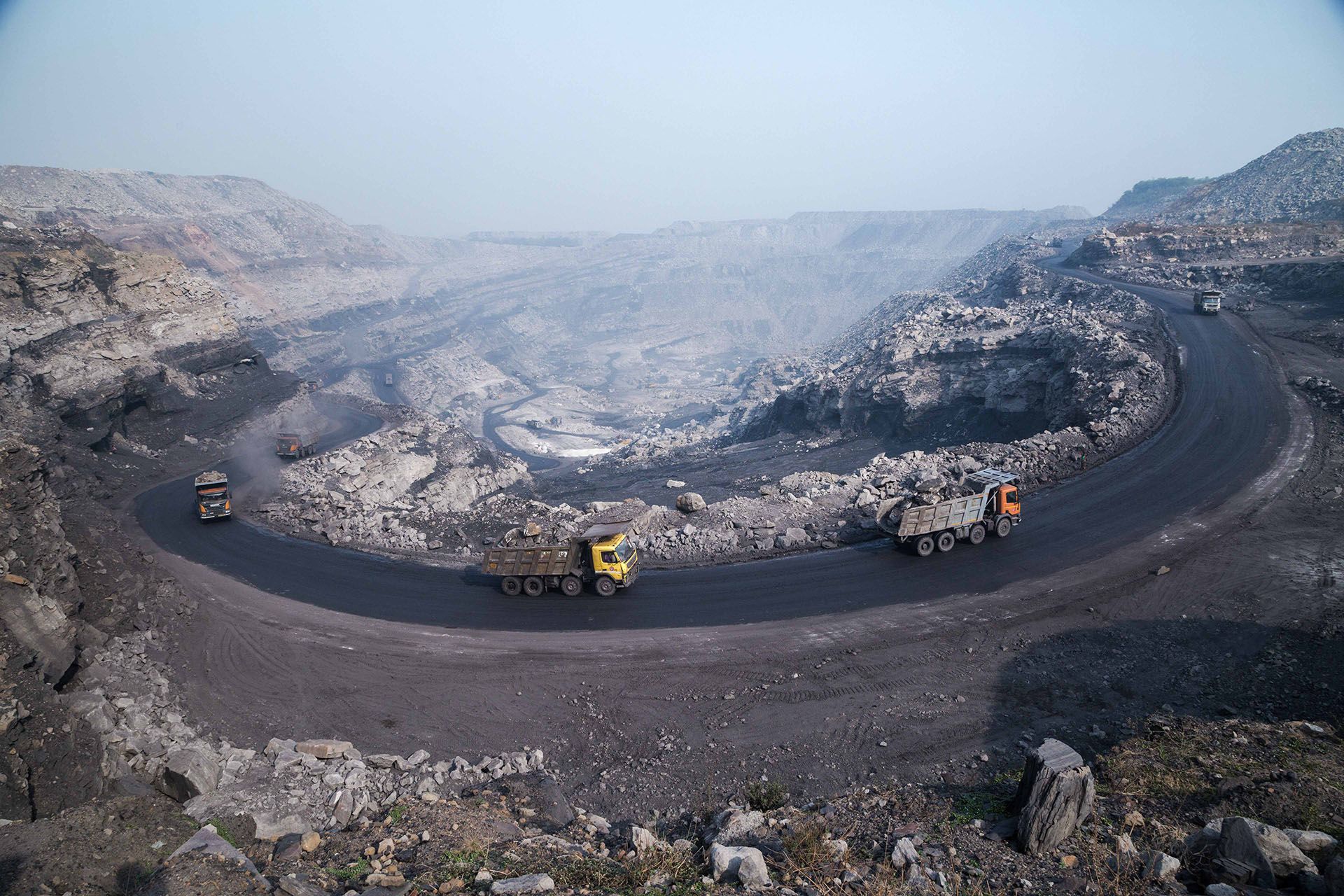
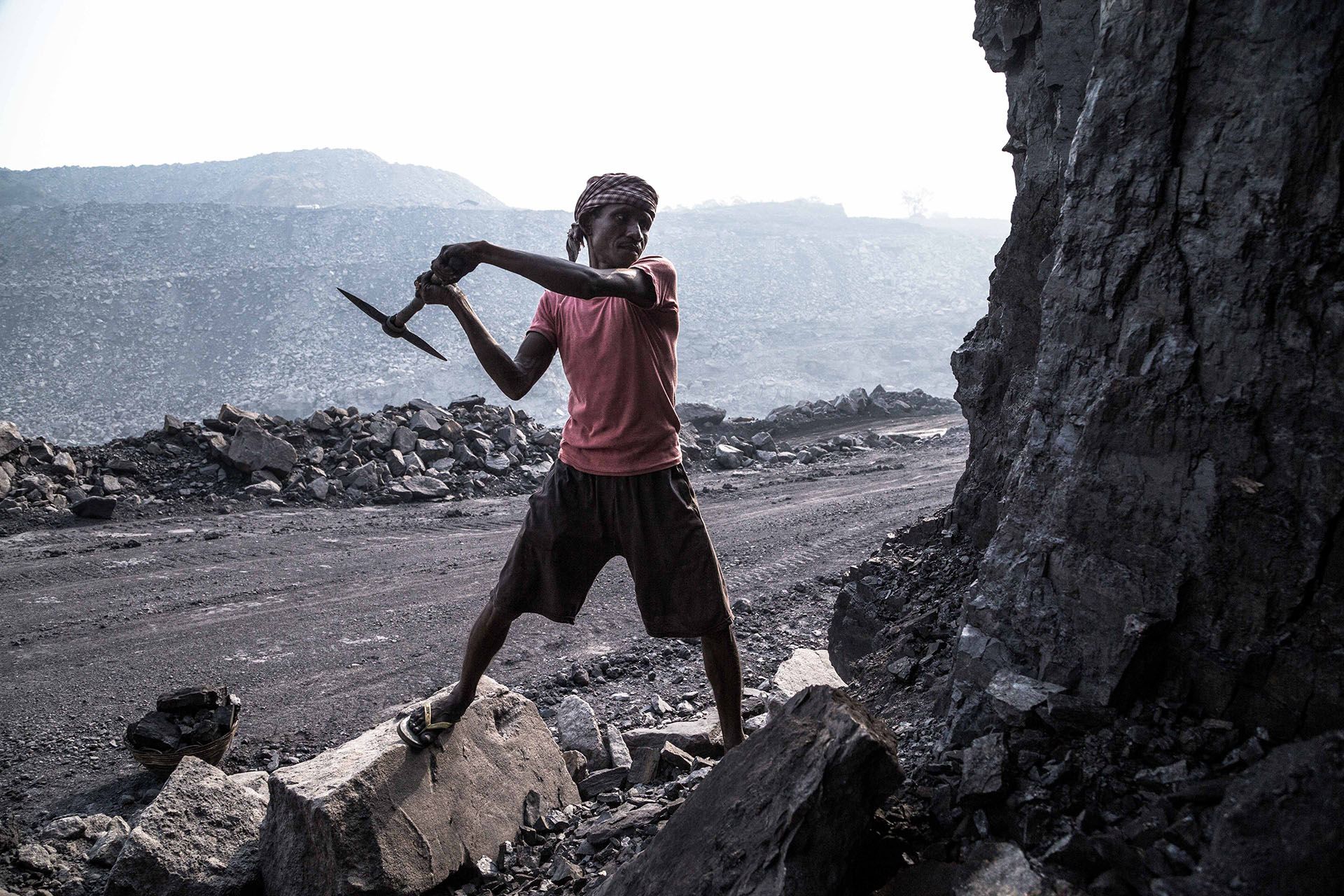
Unfortunately, in Jharia, children bear the brunt of the deadly coal mining. India's Mines Act of 1952 prohibits anyone under the age of 18 from working in coal mines.
In Jharia, however, laws hold little meaning. It is an area famous for illegal mining activities, where land mafias dictate their own laws. According to a study by Yugank Goyal of the O.P. Jindal Global University, the mafias often derive power from "socially hierarchical relationships involving debt and/or caste." Another article published at the Yale School of the Environment in 2016, says, "the Jharia coalfield has a tradition of brutality. It and the neighbouring steel city of Dhanbad are notorious in India for being the home of coal mafias. These are criminal gangs that reputedly control trade unions, money lending, a huge clandestine trade in coal — and politics."
I was told, the mafias force the villagers to risk their lives amidst alarming levels of pollution, underground fire, accidents, and frequent deaths. The villagers, unaware of their rights, have no alternative, but to agree to the labor without any kind of protective gear. At times they even consider selling their children to the mafias.
India is often projected as the next superpower, an Asian giant. However, Jharia reminds me quite the opposite — a continuity of the dark age.
I am shocked and pained to see helpless people in Jharia’s mining community. Their plead for help is echoing in the void, unheard and ignored.
The idea behind documenting the lives of people in coal mining areas is not just to tell the world about the inhuman living conditions of coal mine workers, but also trigger collective action against the menace.
The damage done by coal mining to the environment is precipitating climate change. It is a threat to human life and the environment.
Humans should not only treat other humans with dignity, but also equally respect the environment. If we don’t wake up to the perils of coal mining now, we might rob the right to clean air from a whole generation.
The time for action is now.
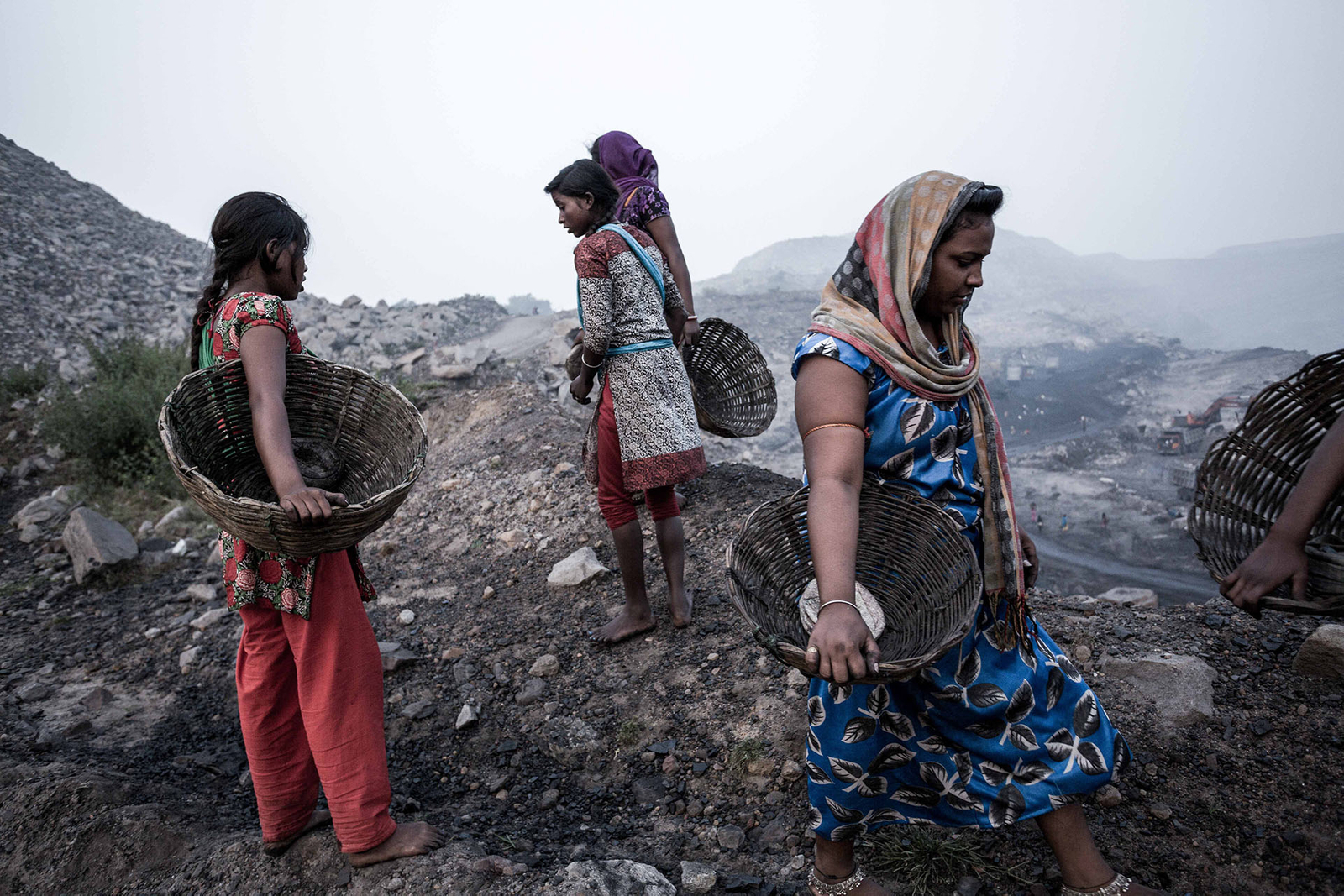
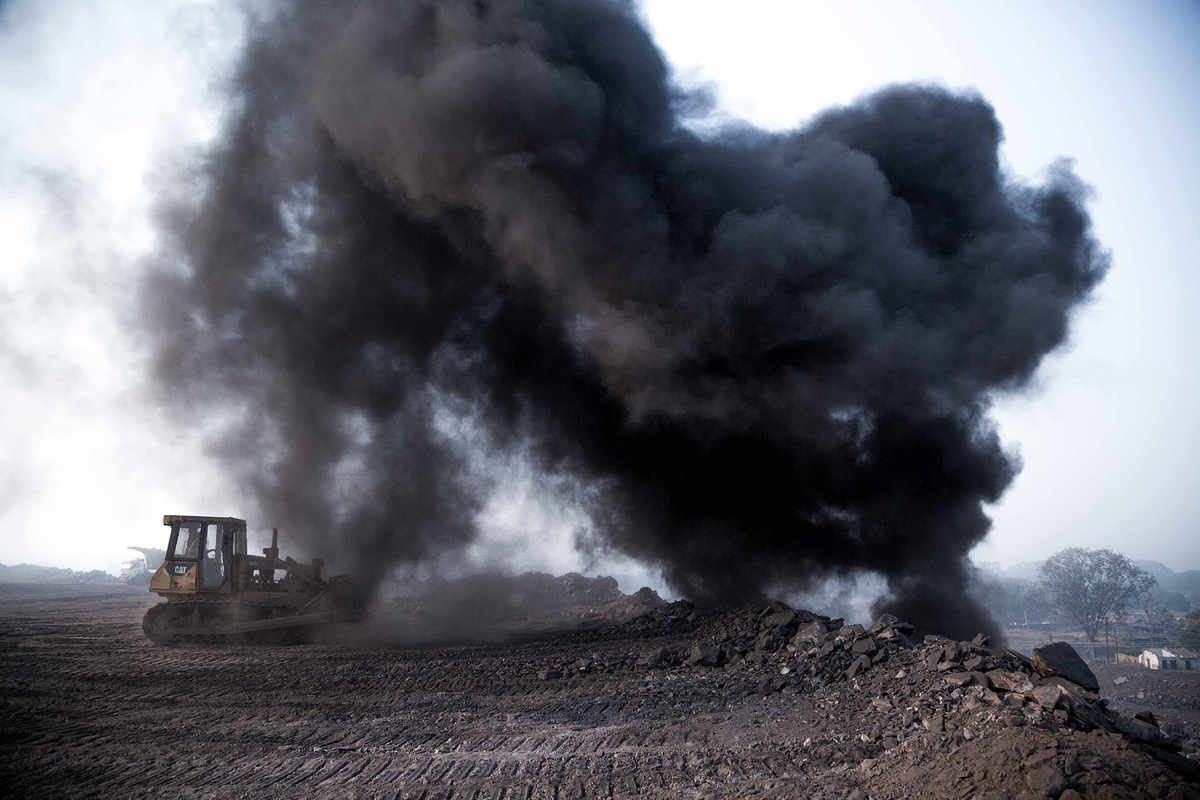
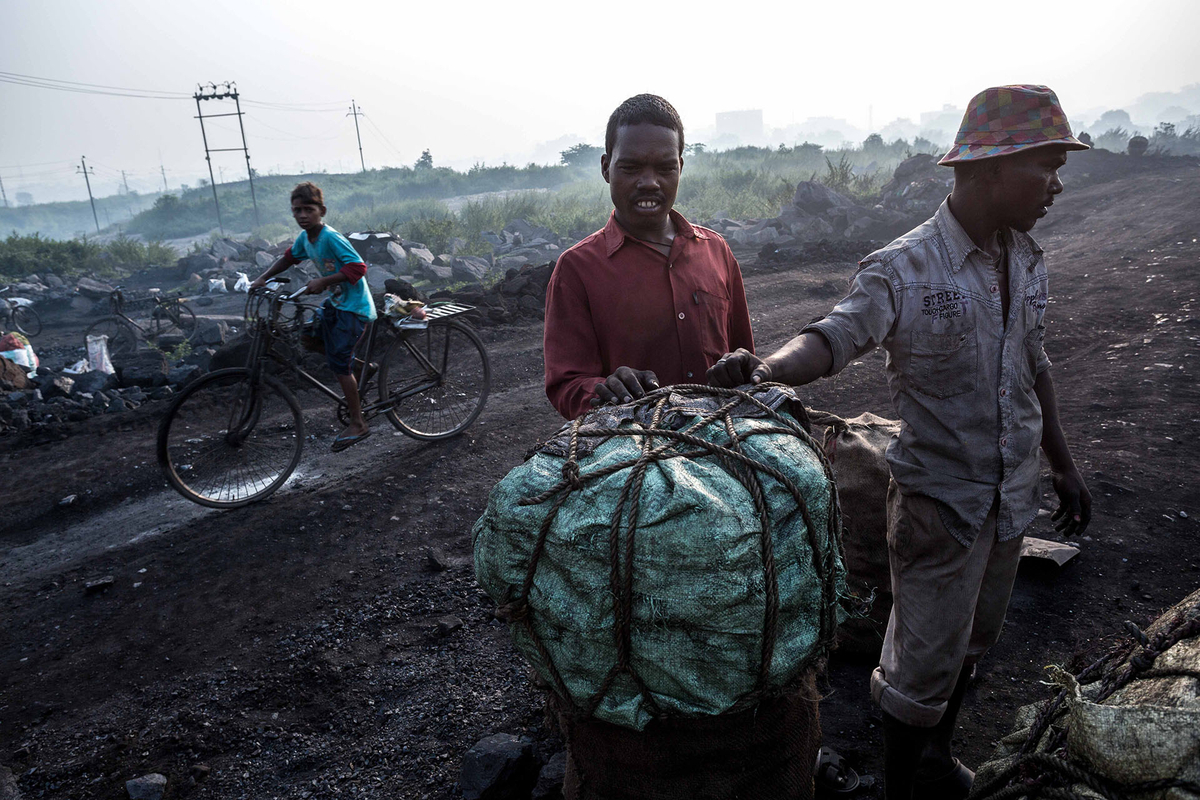
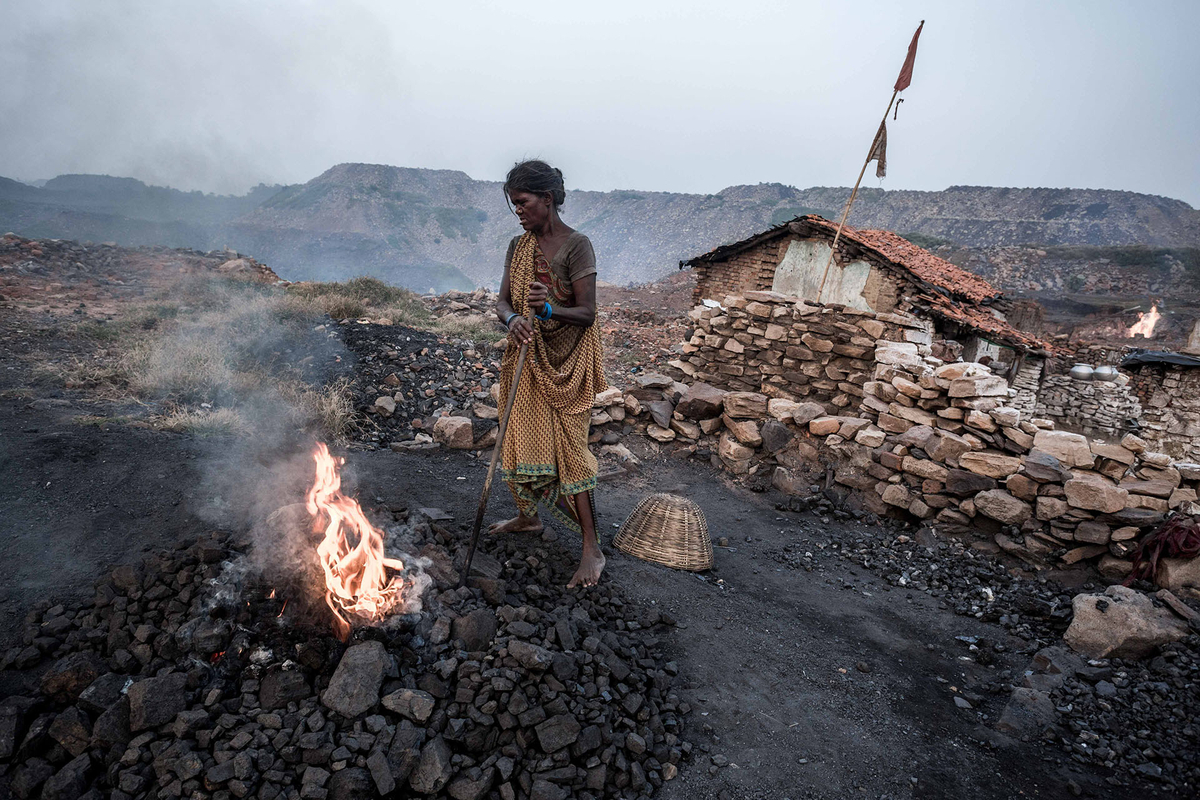
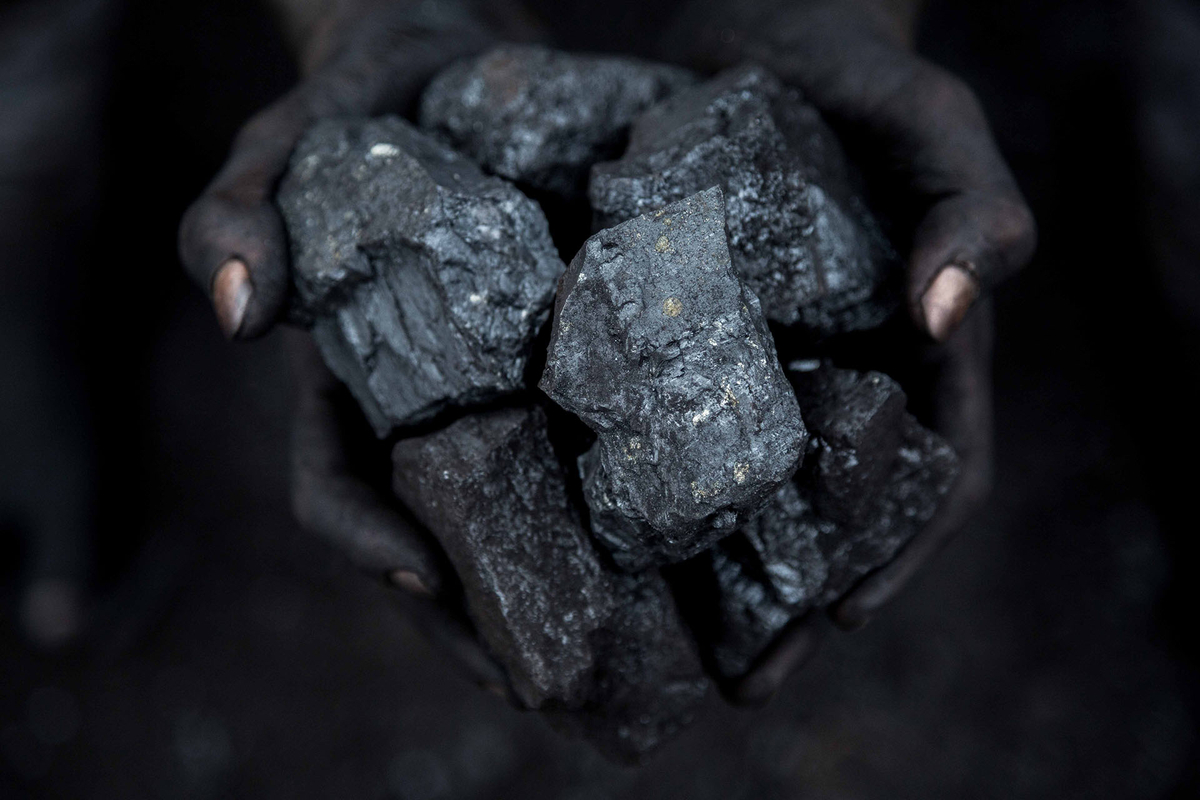
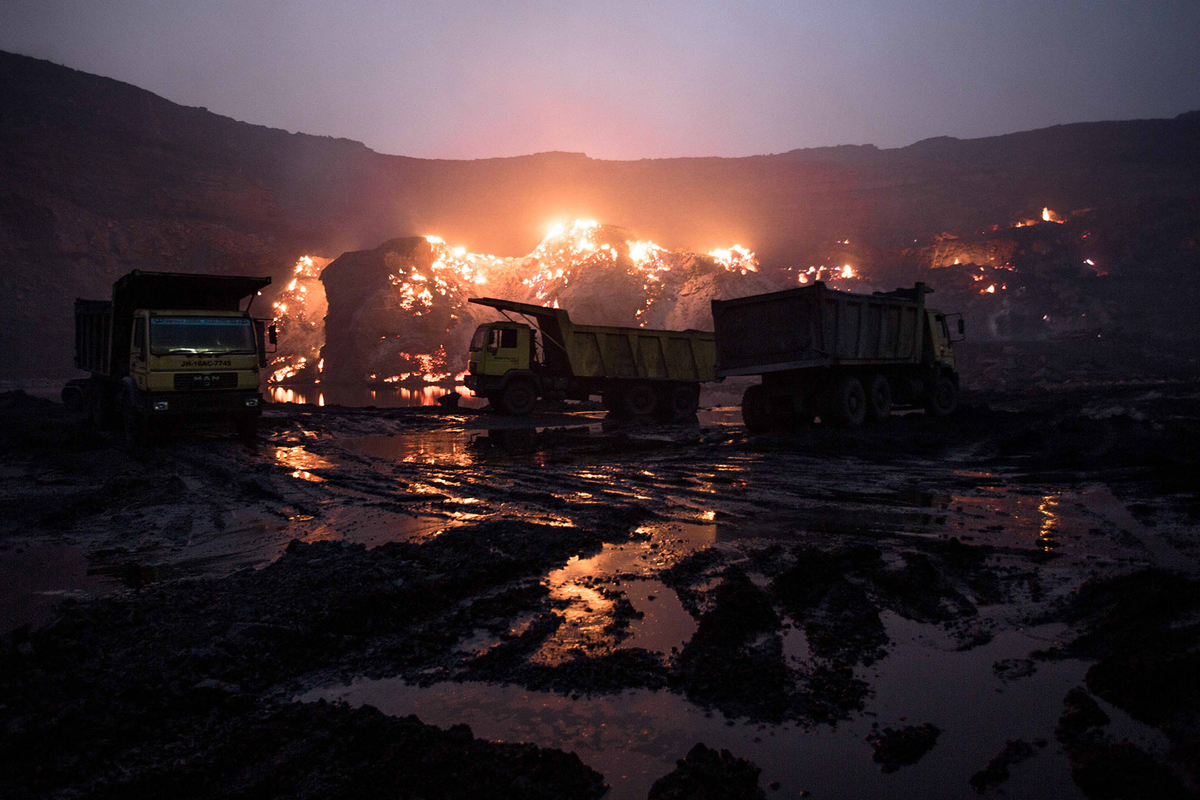
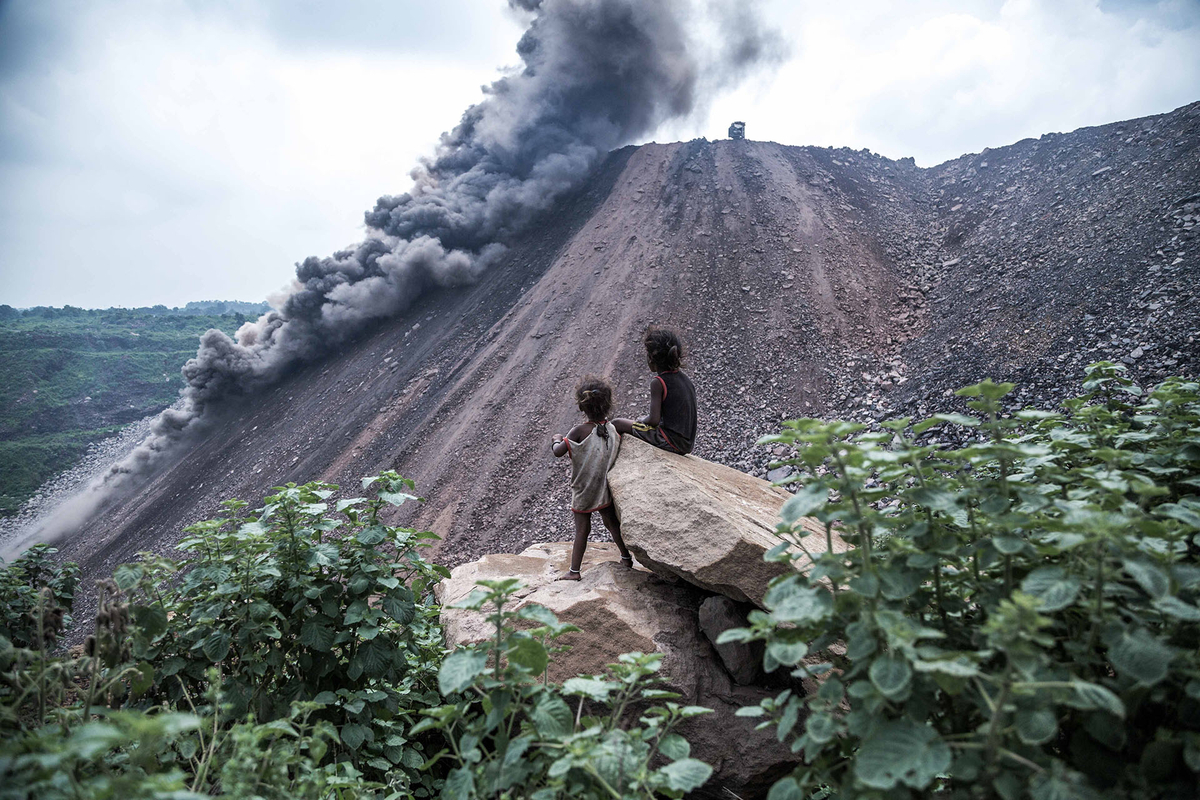
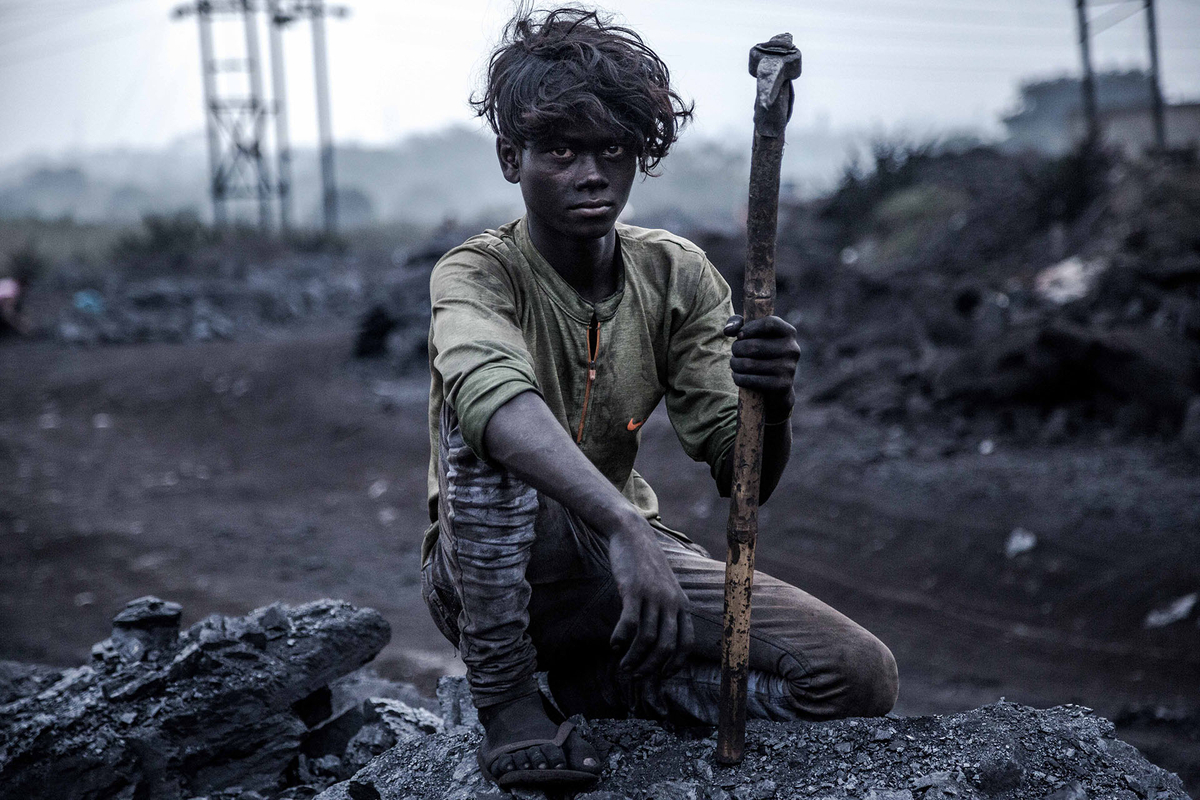
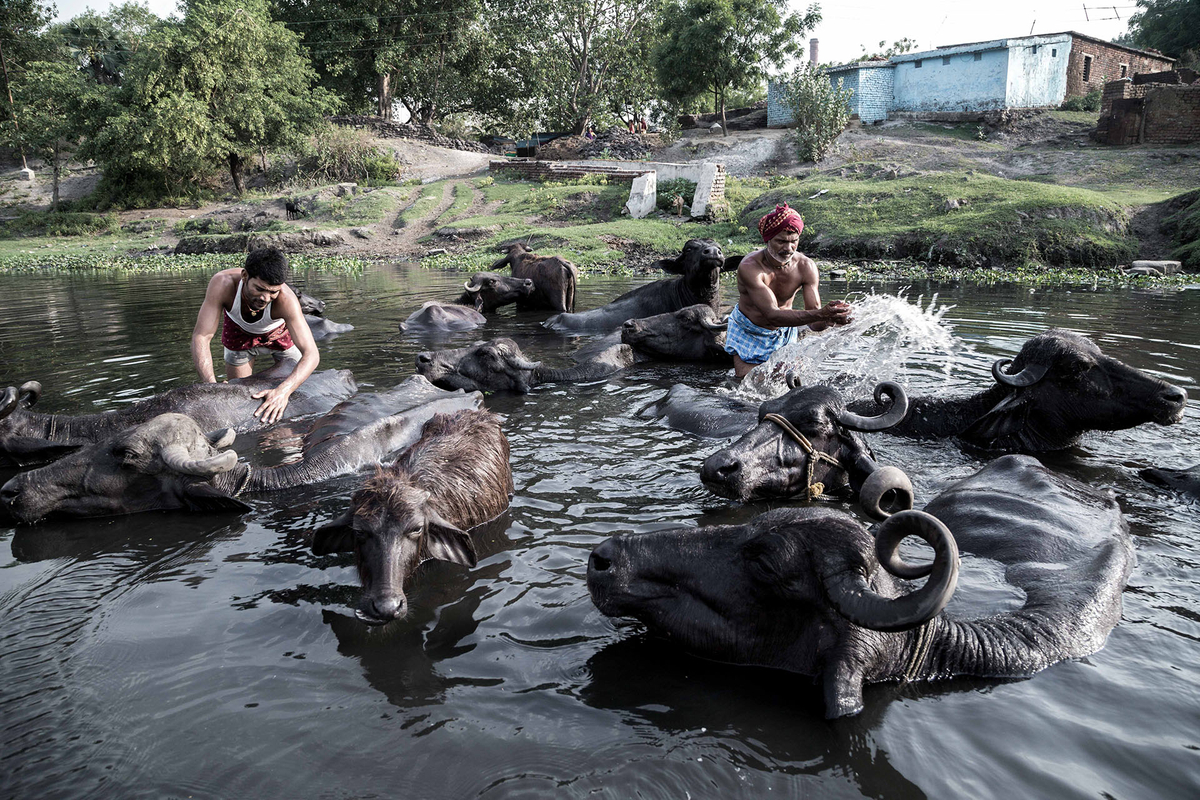
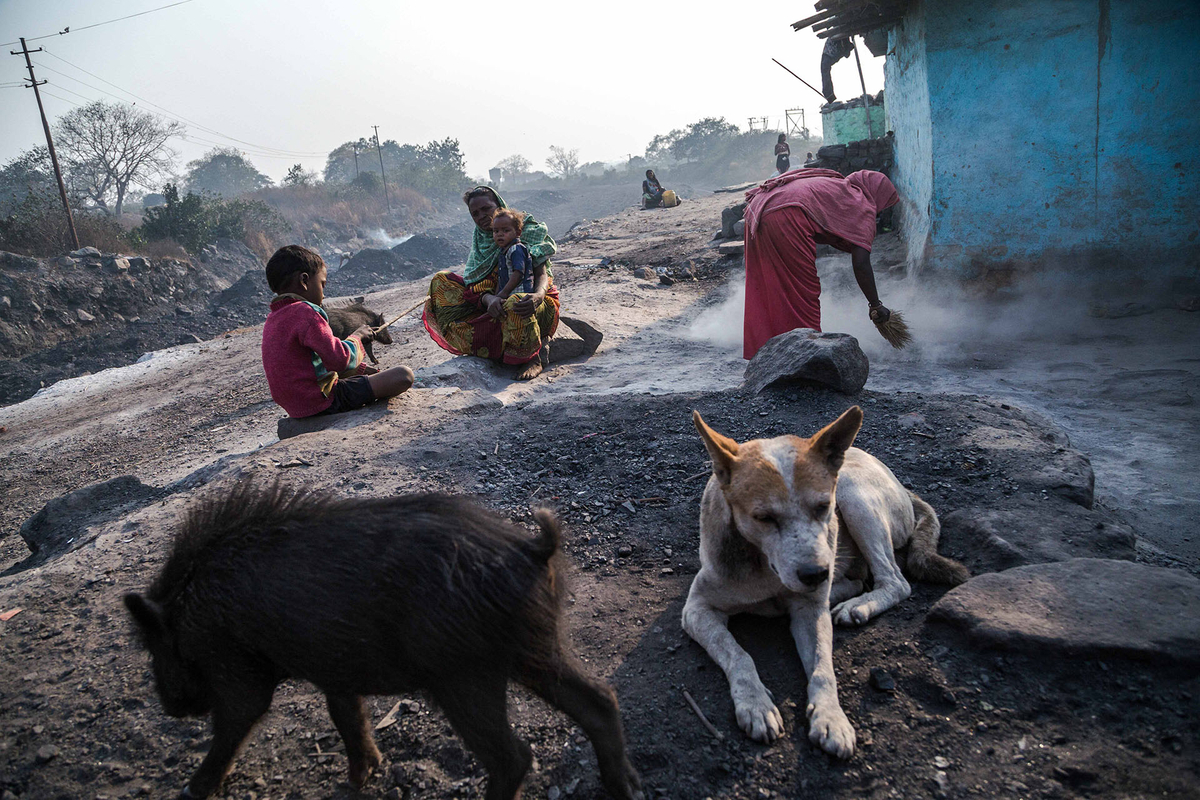
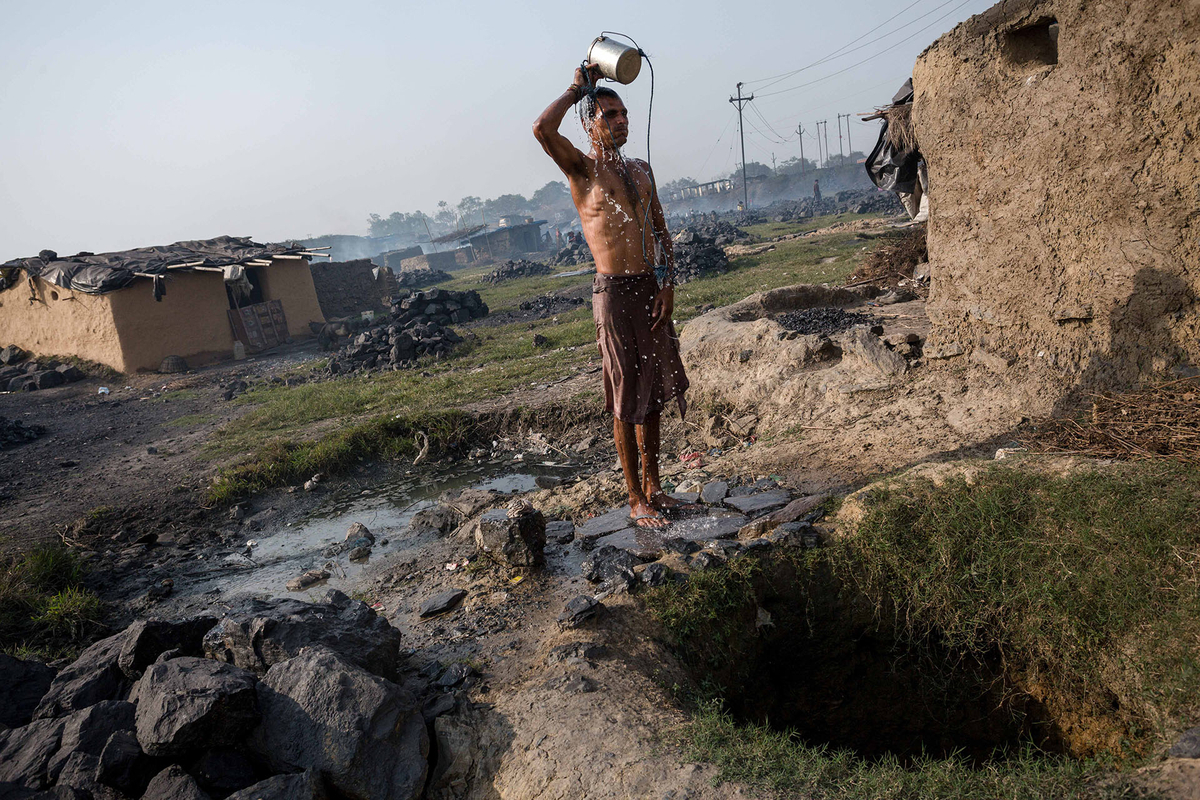
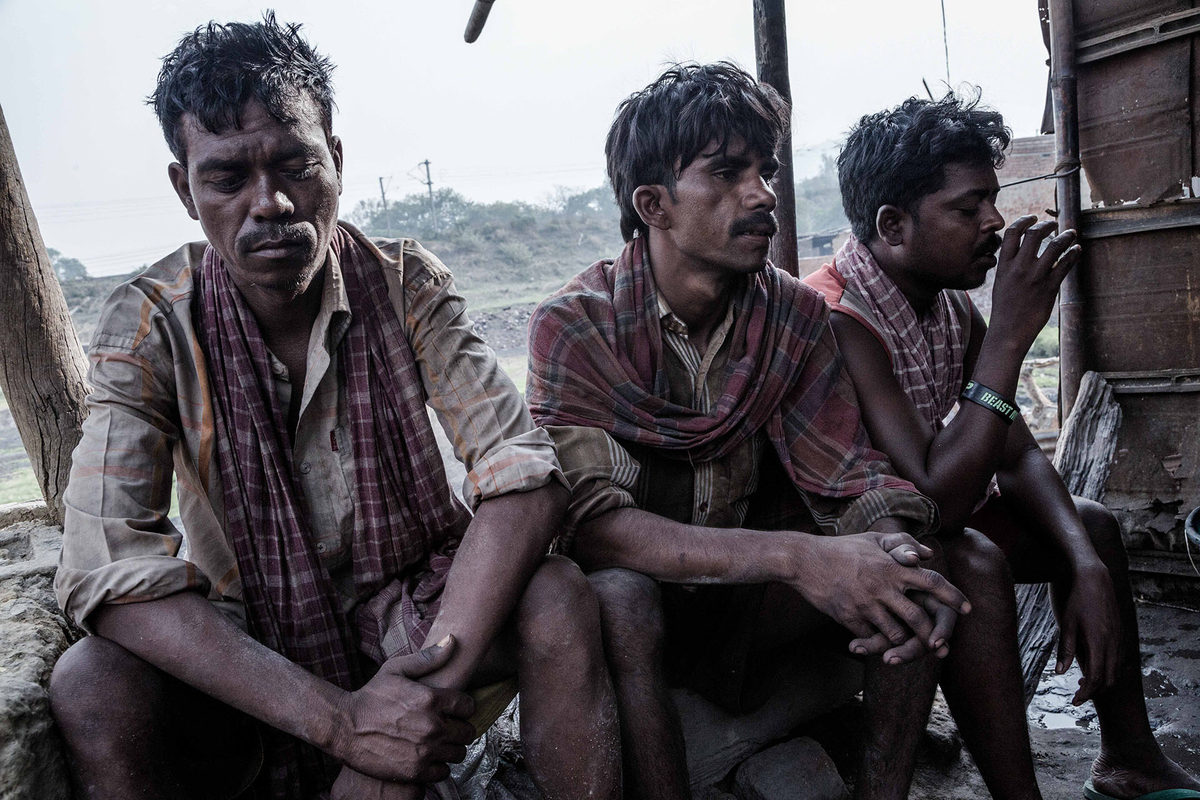
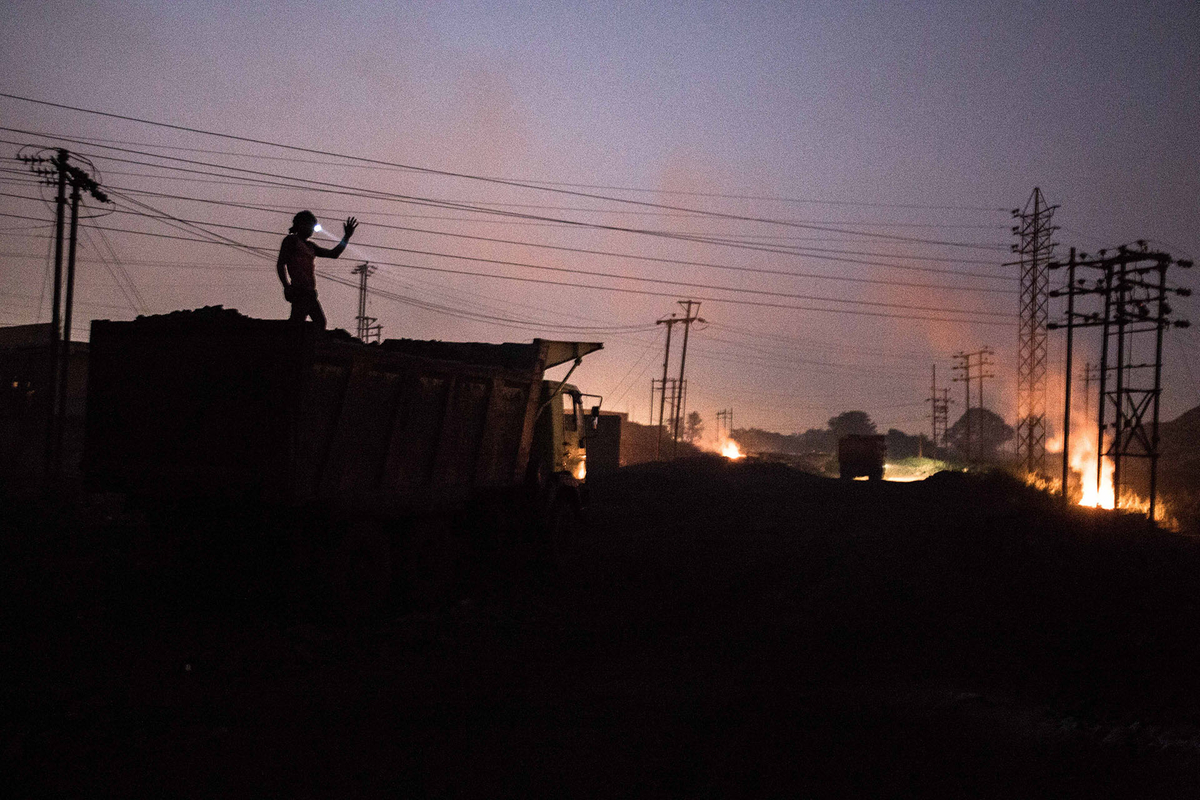
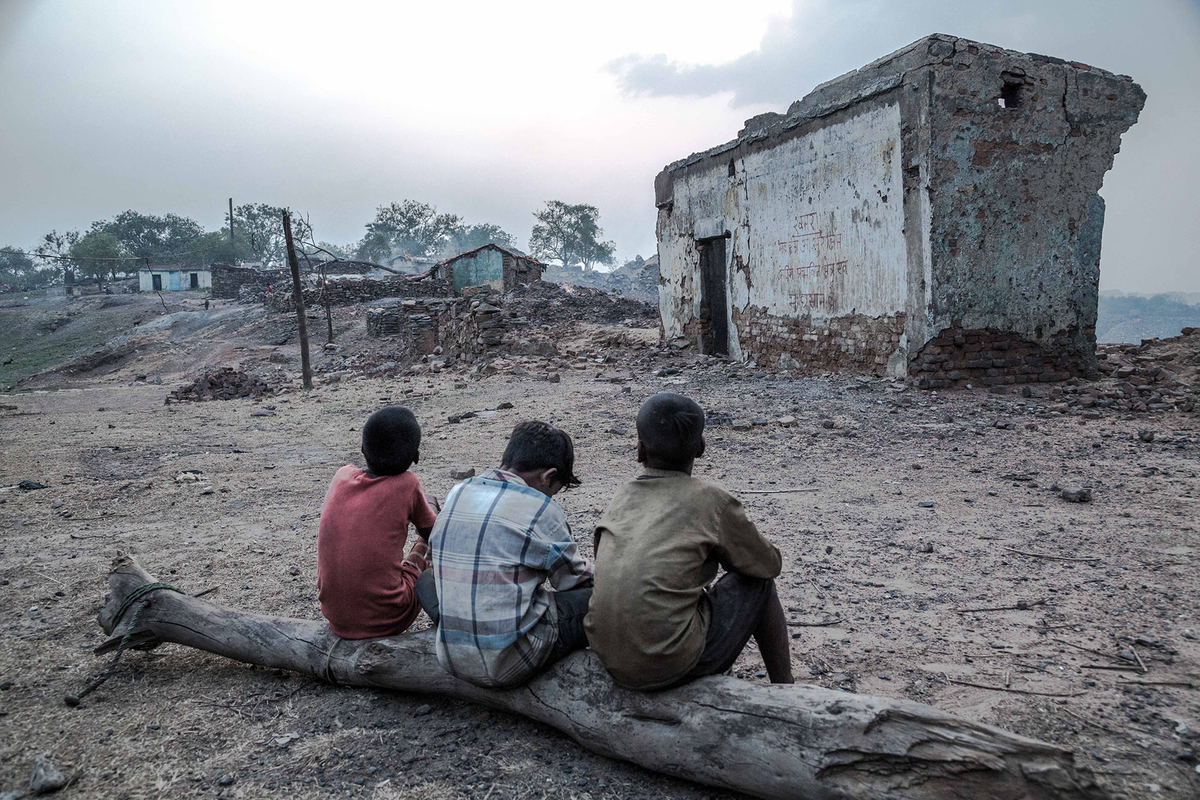
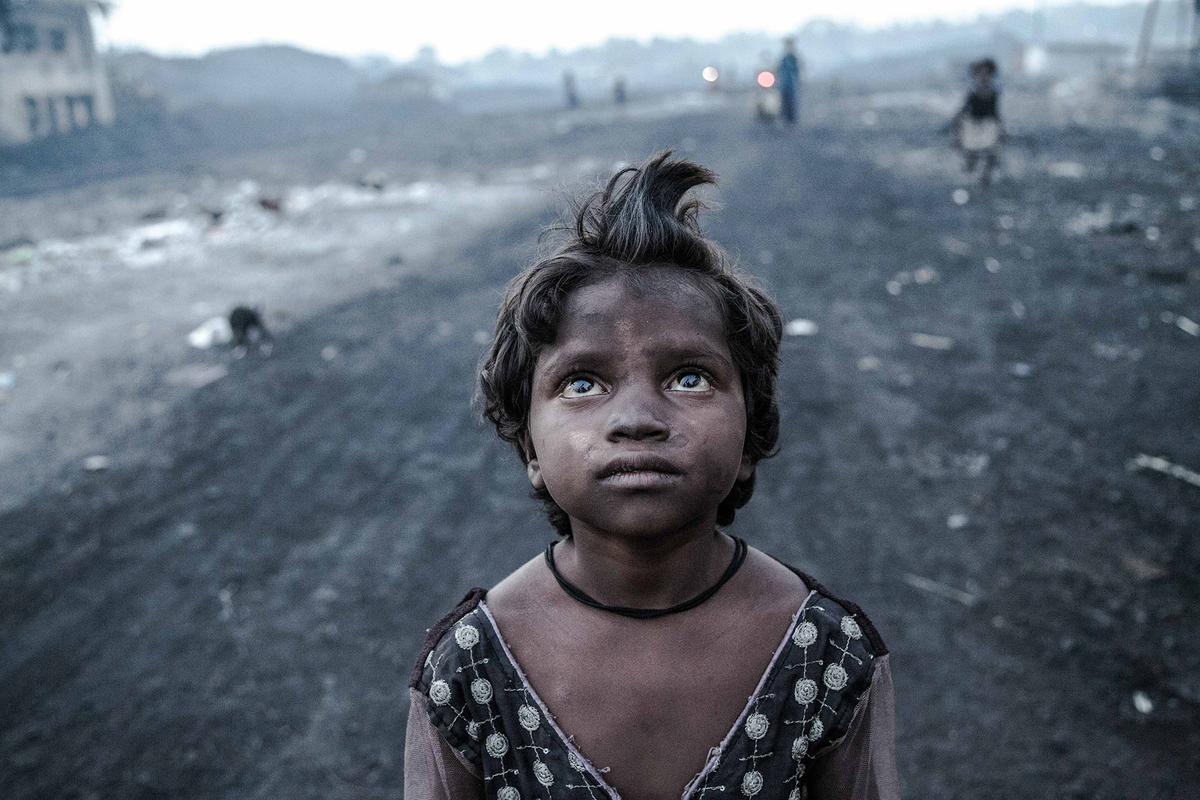
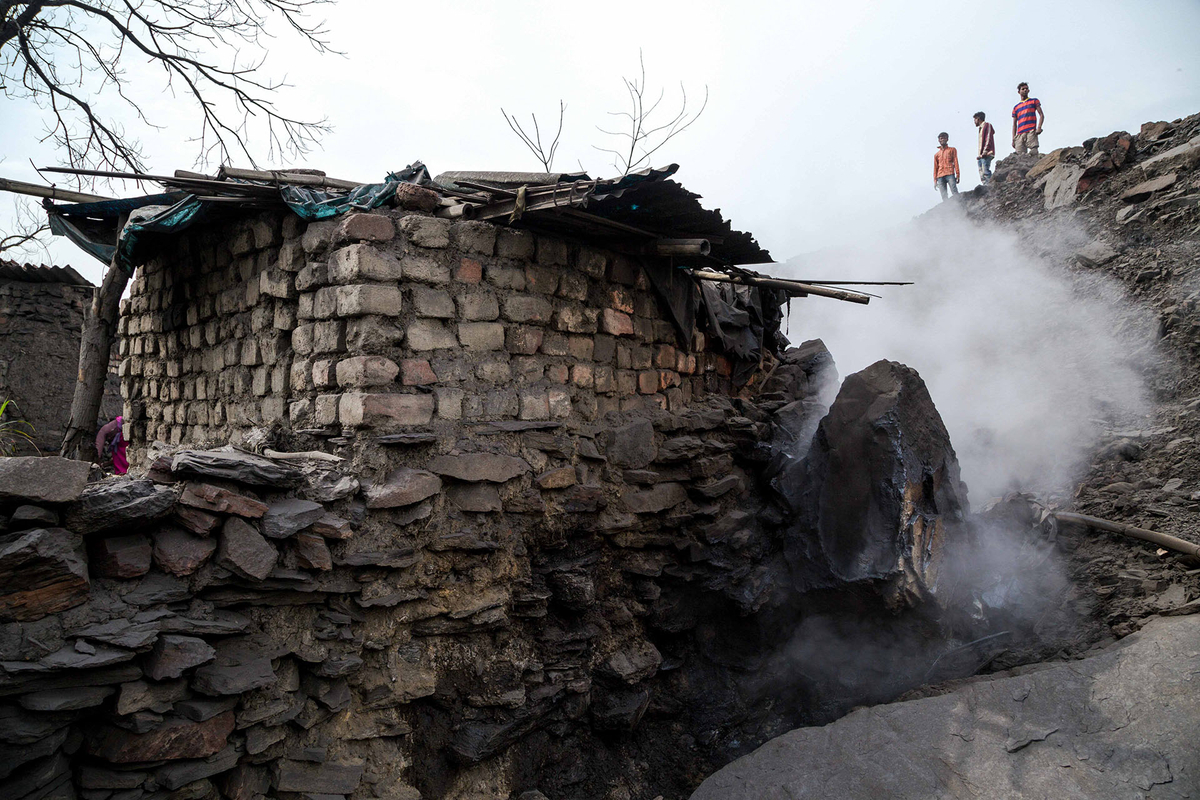
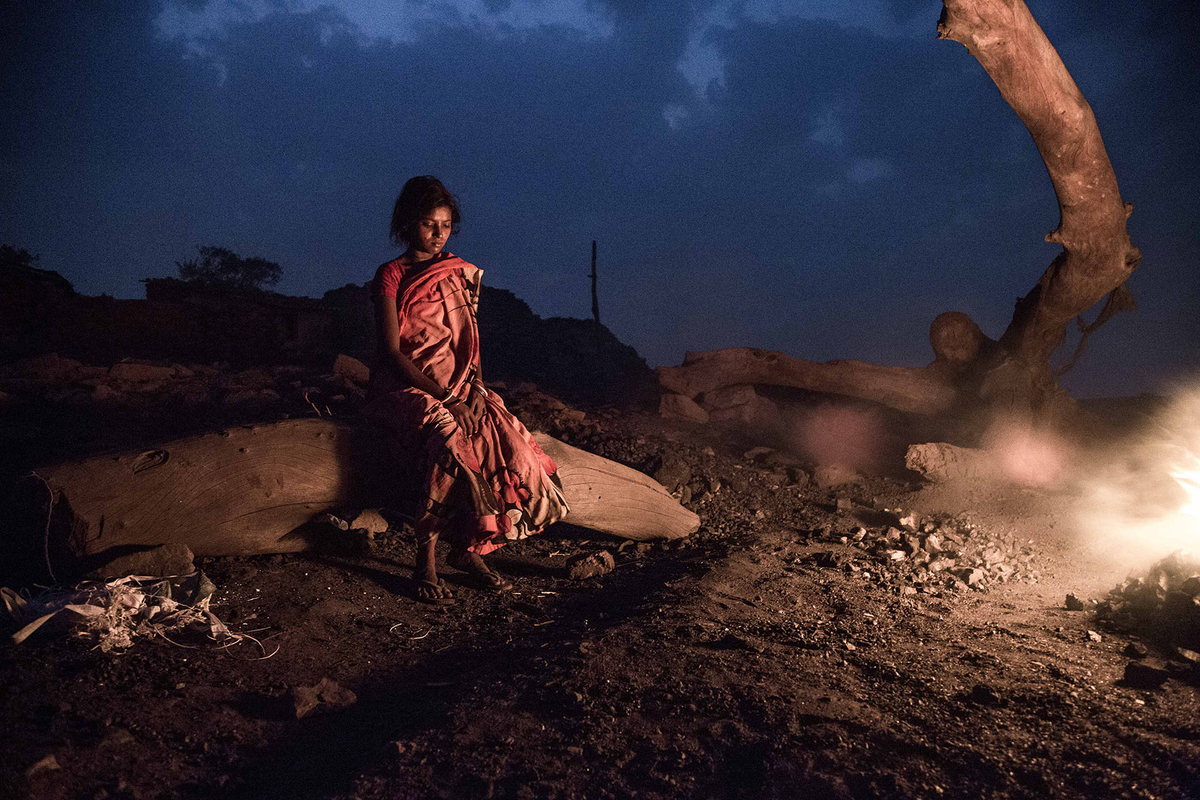
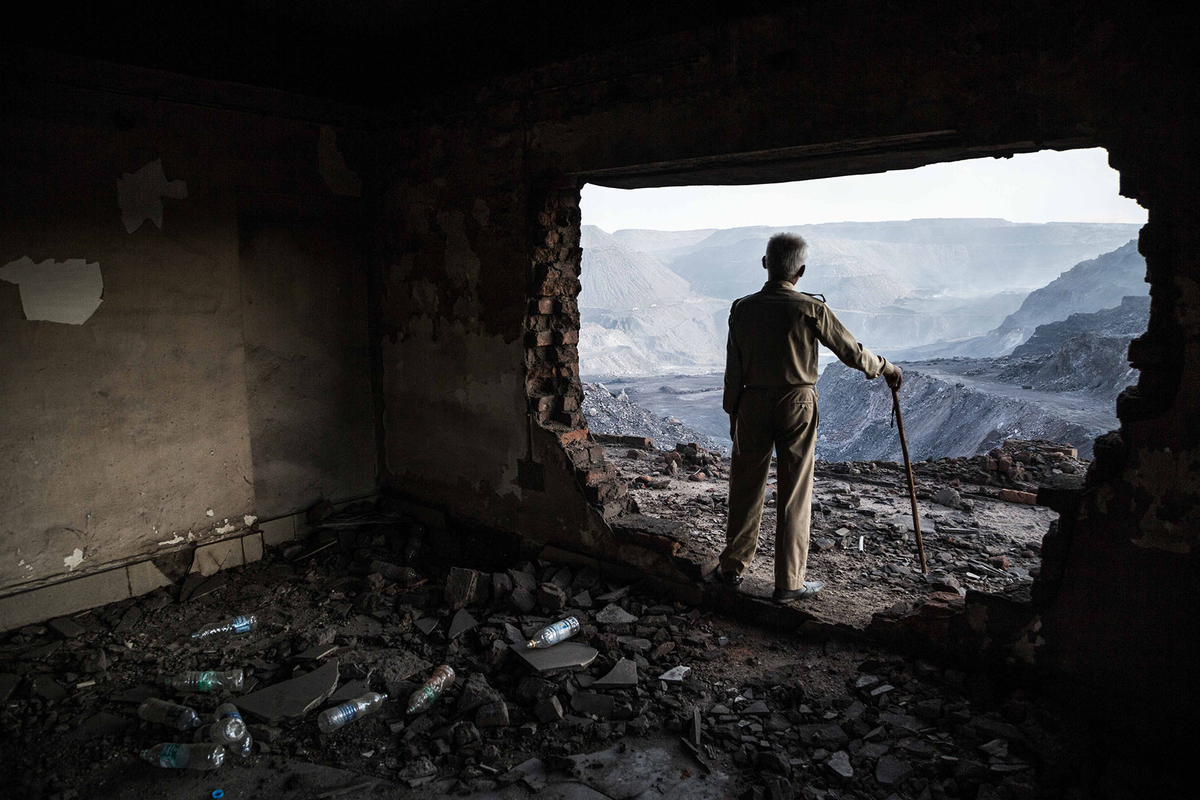
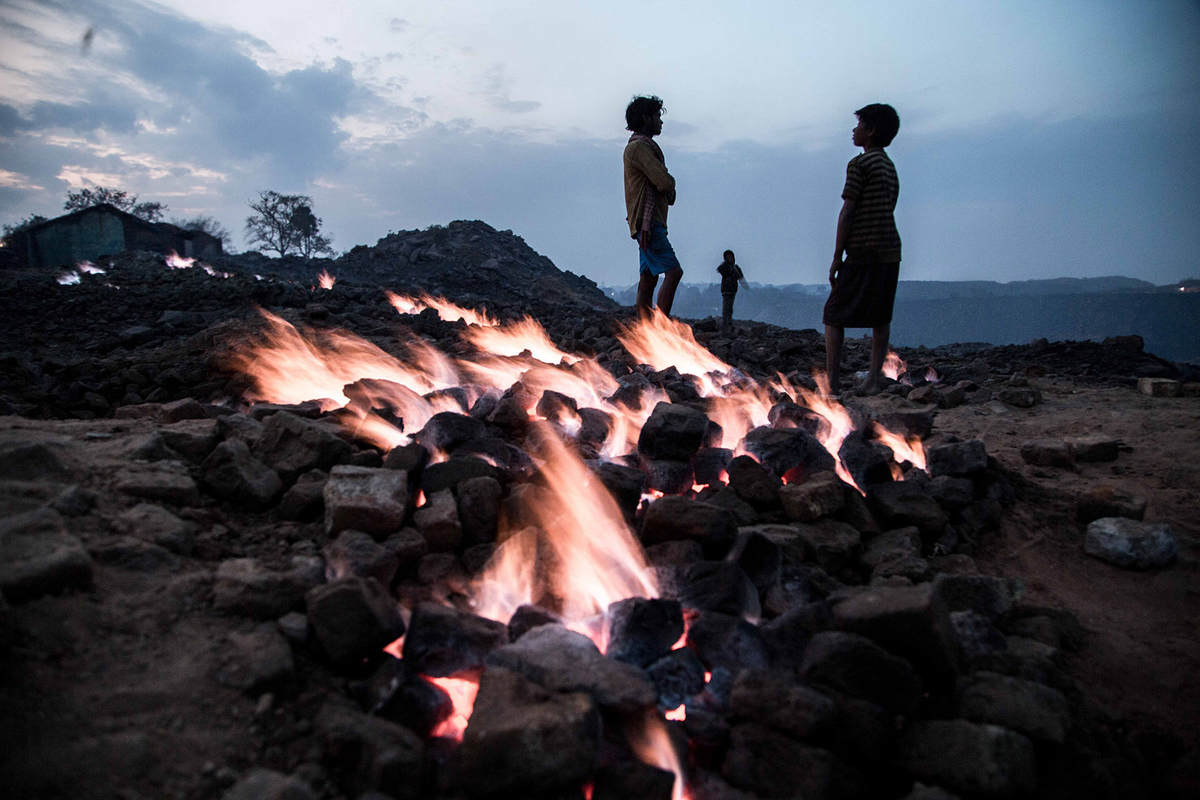
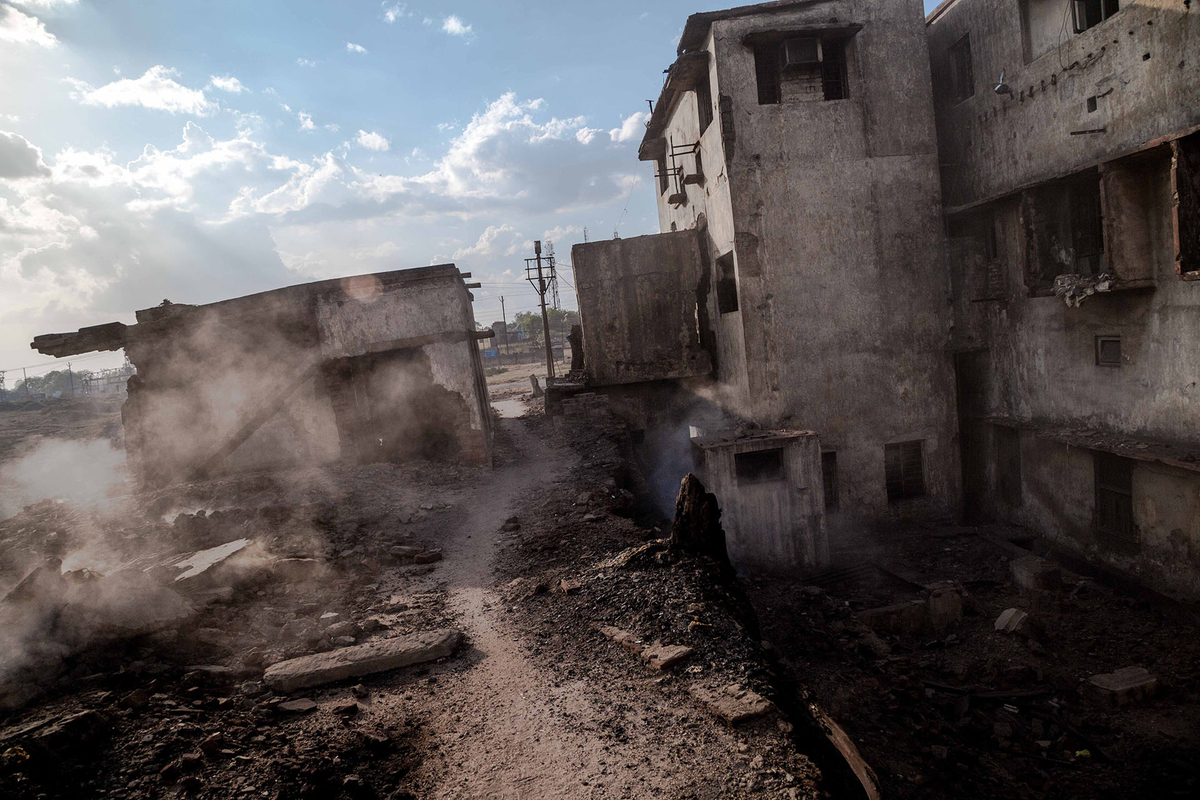
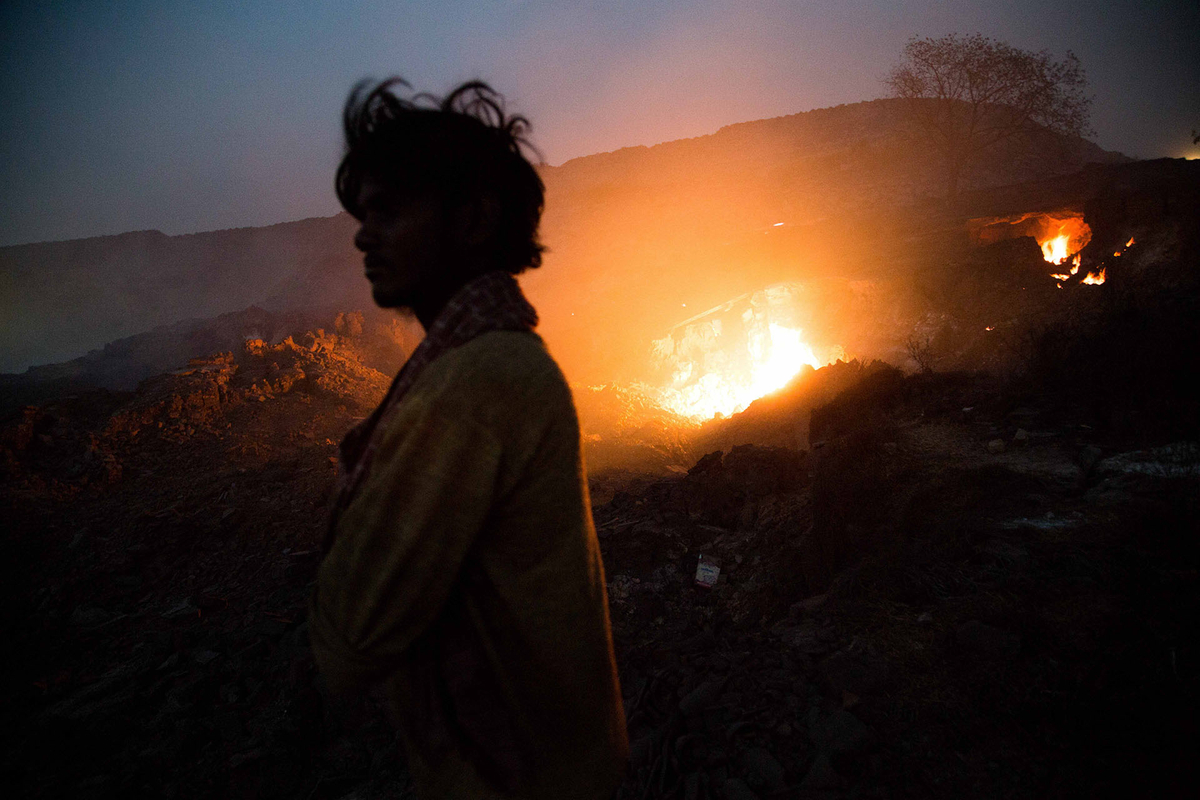
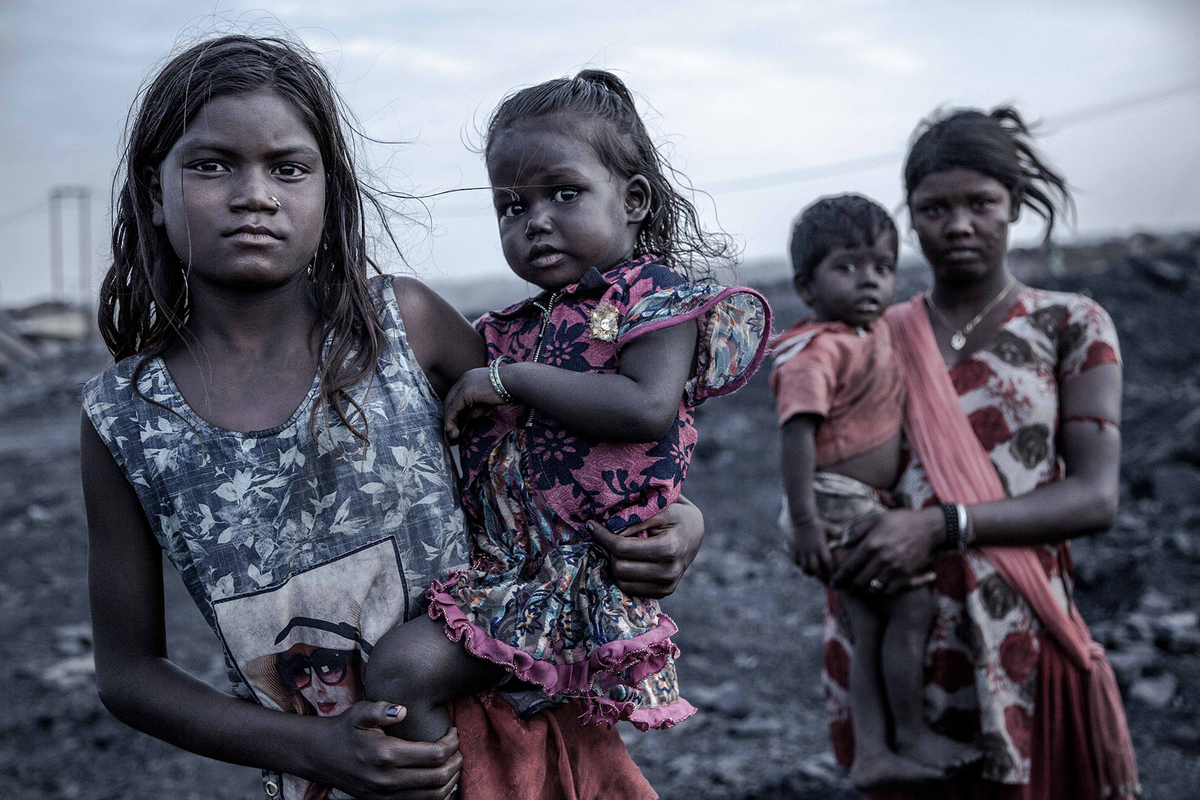
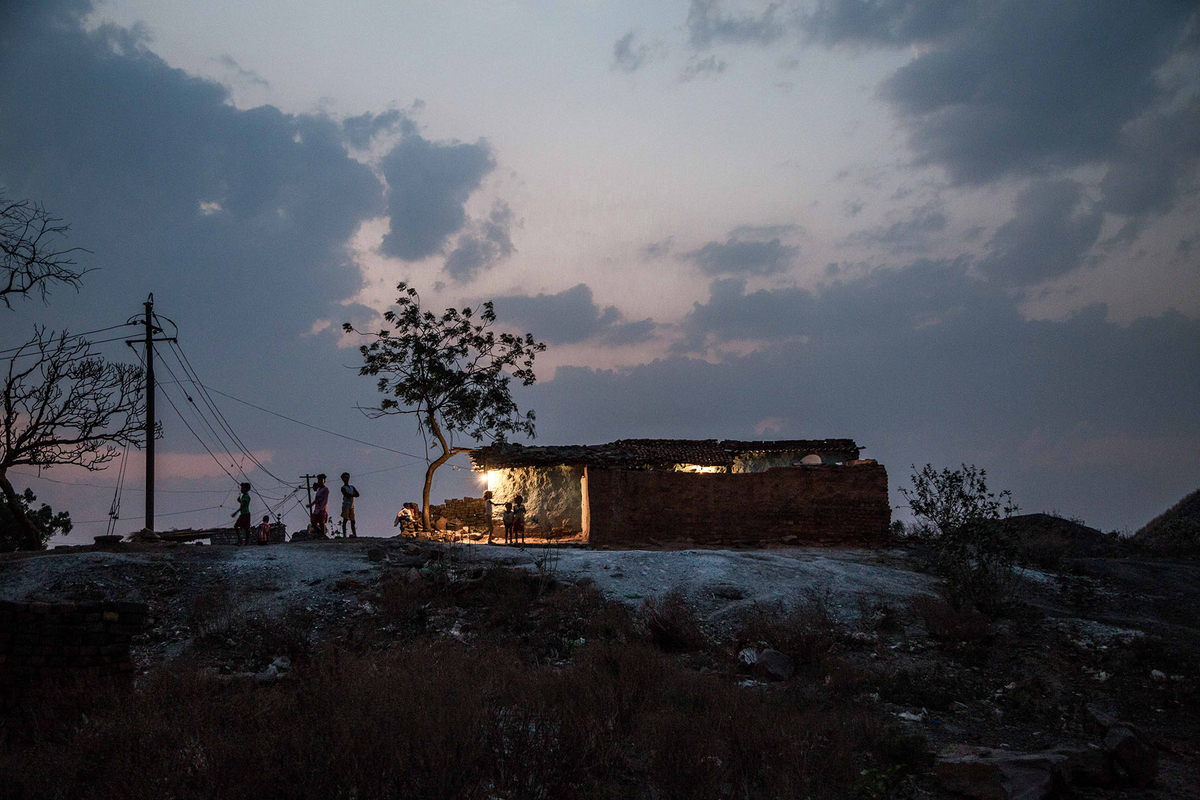






Member discussion